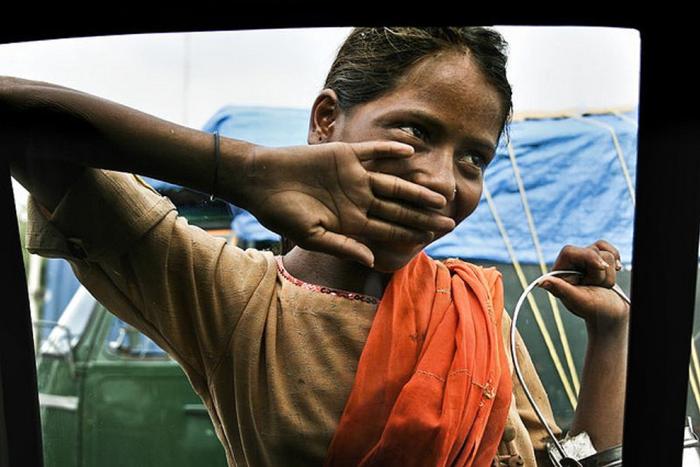Truth is, as they say, a slippery fish. In Jim Lynch’s latest novel, Truth Like the Sun, the former Seattle Times writer tackles the elusive nature of truth, the 1962 Seattle World's Fair, politics, and the modern city’s seedy beginnings. Hazlitt talked to Lynch about journalistic objectivity and making the switch to writing novels.
Investigative journalism and the search for the truth play a big role in the book—a journalist from the present is digging into possible misdeeds around the organizing of the Seattle World's Fair in 1962. And yet that journalistic truth proves too murky and constantly subjective. Was that the point you were trying to make?
Yeah, that’s kind of the way I end up thinking about journalism. In partisan journalism we tend to think of it as black and white, these are the good guys and these are bad guys, what we wrote is true, and they’re just whining. But the truth is it’s hard to sum people up in articles, especially when you’re writing profiles about politicians who you don’t know so well, and you can’t know them so well, because they’re just telling you what they want you to hear. I’m trying to acknowledge the grey morality of newsrooms and I think that’s more interesting.
Do you think journalists are unfair to politicians, or that we have unfair expectations?
I think we definitely do. And I think we discourage candor and honesty. But a lot of times that’s the politicians fault as well. A lot of times you provide opportunities for candor and they won’t take it. It’s not as if I think the reporters are the bad guys and politicians are picked on. I just think the relationship is interestingly adversarial and by nature can only get us so close to the truth of things.
What was the shift from journalist to novelist like for you?
It’s a weird thing. I was always writing novels on the side. But now I have so many friends who are trying do the same, saying, “Well, how do you do those?” I say, you kind of need to be obsessed with it for a couple decades.
The character of Helen in Truth Like the Sun ends up writing a piece that harms the political career of the protagonist, Roger Morgan. Do you think as journalists we are hardwired to take down even the people we admire?
I think as journalists we don’t want to let our feelings, or the fact that we like someone, colour our judgment. In America they always assume that journalists are liberal democrats so they assume that you’re going to go soft on the Democrats and hard on the Republicans. It would bring out the contrarian in me to really go after Democrats, so even if I really agreed with them I got more of a thrill going after them because they didn’t expect it. They thought “Oh, the journalists, they are on our side." So, yeah, maybe a little bit.
Do you miss journalism at all or did you feel you got to indulge that side of you in the book?
Yeah, I miss it, but I did it for 18 years and that felt like a lot. I wanted to be a novelist before I wanted to be a journalist, so when I got to be a novelist full-time it wasn’t a close call. The freedom of writing books and airing out the language and the storytelling is pretty irresistible.
And you get to make stuff up.
Yes, right! I think it would be really neat if more novelists came from the journalism side. You know the whole thing about you have to “write what you know” in fiction? As a journalist, you can write about anything that interests you because you can get the information and that’s what I like. I like to write about what fascinates me. As a journalist you’re trained to research something and then tell us the greatest hits of what you learned—and that’s still what I try to do when I’m writing a novel.
--
Photo by IMLS DCC






